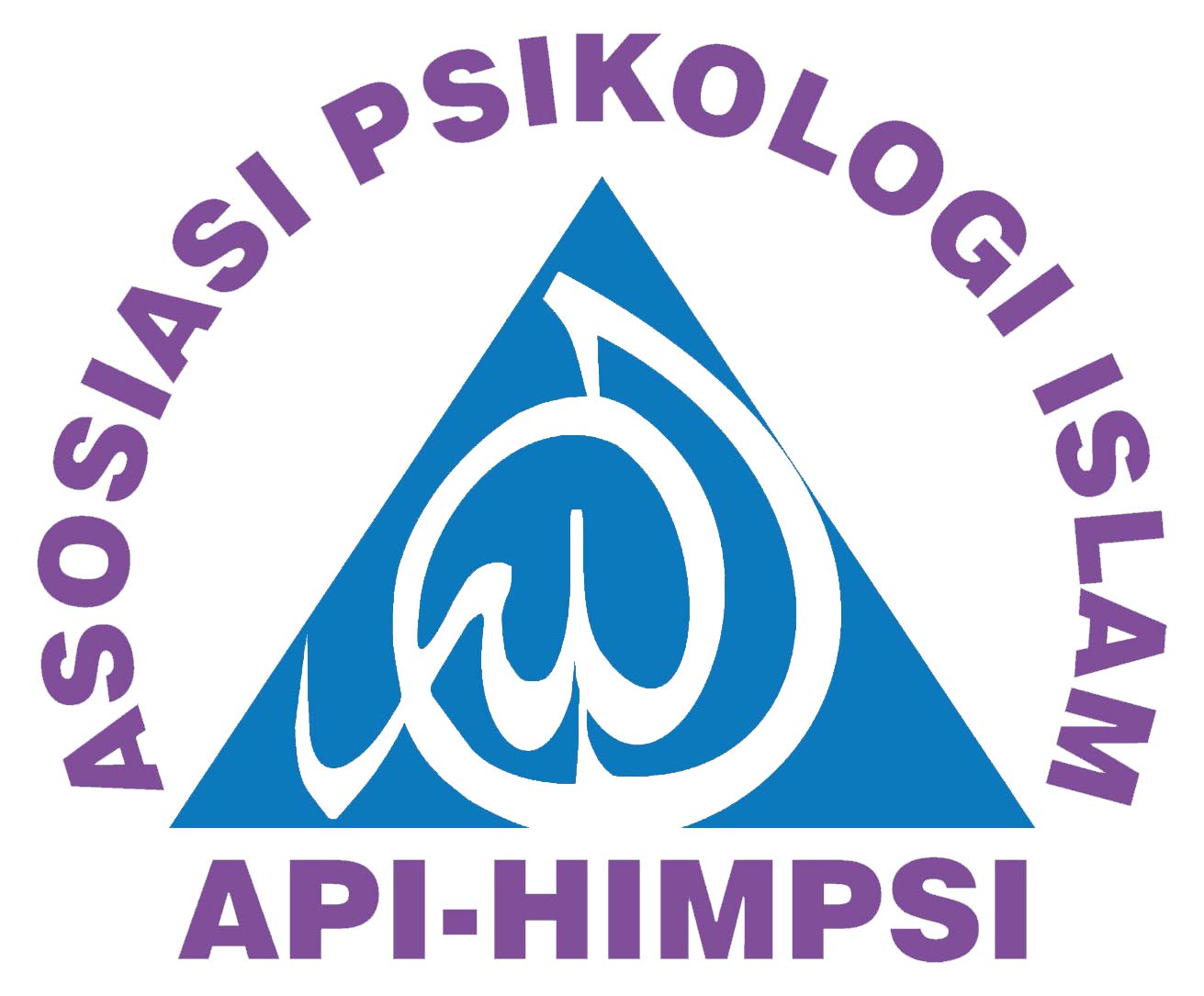Artificial Intelligence Policy
JPIB : Jurnal Psikologi Islam dan Budaya acknowledges the increasing use of Artificial Intelligence (AI) tools in the research and writing process. While these technologies may assist authors in various stages of academic work, the journal maintains strict ethical standards regarding their use to ensure the integrity and originality of scholarly content.
-
Use of AI Tools
Authors are permitted to use AI tools (e.g., grammar checkers, language enhancers, data analysis aids) in supporting roles. However, AI-generated content must not replace critical thinking, data interpretation, or the original intellectual contribution of the authors. -
Authorship and Accountability
AI tools such as ChatGPT, Bard, or similar large language models (LLMs) cannot be listed as authors. Only individuals who meet authorship criteria — including the ability to take public responsibility for the content — may be credited. -
Transparency
Any significant use of AI tools must be disclosed in the manuscript (e.g., in the methodology or acknowledgments section), including the tool's name, version, and purpose. Undisclosed or deceptive use of AI may result in manuscript rejection or retraction. -
Data Integrity and Privacy
Authors must ensure that any data or personal information input into AI tools complies with ethical research standards and privacy regulations, particularly when dealing with sensitive psychological or participant-related data. -
Review and Editing
The peer-review process at Psympathic is conducted by human experts. Reviewers are advised not to use AI tools to evaluate manuscripts, especially for generating reviews, due to concerns about accuracy, confidentiality, and ethical responsibility.
By submitting to JPIB, authors confirm adherence to this AI Policy. The editorial board reserves the right to reject or retract any submission found in violation of these guidelines.






